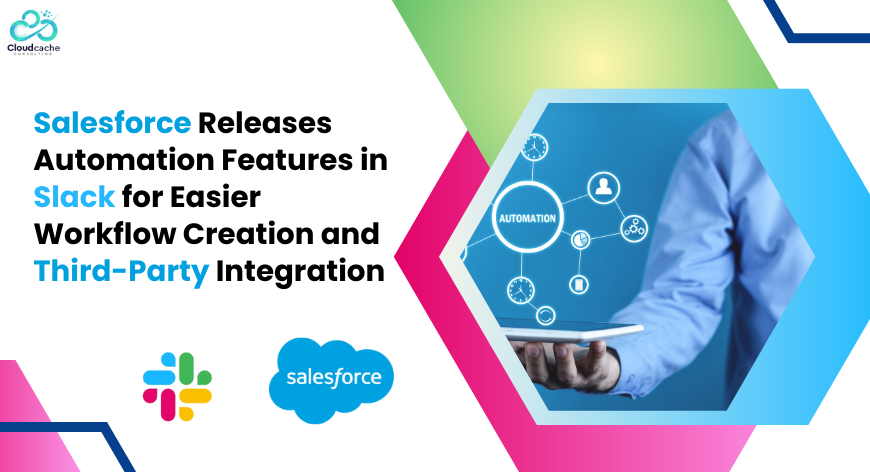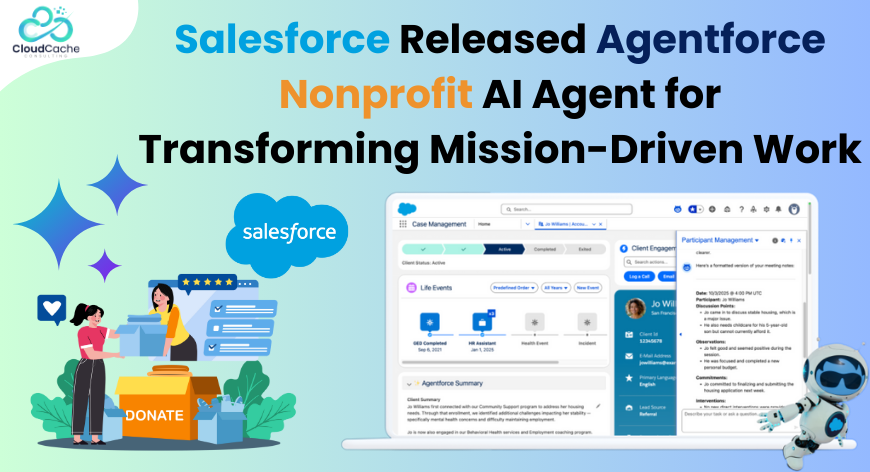
Salesforce Releases Automation Features in Slack for Easier Workflow Creation and Third-Party Integration
Salesforce has introduced new features in Slack that simplify the process of building automations, regardless of a user’s technical skills. Users can now create Slack workflows that automatically trigger when an event occurs in third-party applications such as PagerDuty, Asana, BitBucket, and more. Additionally, the workflow creation experience has been improved with a more user-friendly interface and over 50 new ready-to-use templates designed for common productivity tasks. Developers are also able to utilize expanded access to coding languages and tools, which enables them to generate and share custom workflows with their teams.
Why This Matters:
A significant number of business leaders (71%) are feeling the pressure to increase team productivity, while 70% of IT leaders worry that rising business demands may hinder innovation. Moreover, 77% of users believe that automating routine tasks would significantly boost their productivity. To address these challenges, companies need automation solutions that enhance productivity without overloading IT teams. User-friendly, no-code automation is essential for achieving this balance.
Key Enhancements:
- Trigger Automations from Third-Party Apps: Previously, Slack workflows could only start from actions within Slack or Salesforce. Now, workflows can be triggered by actions in third-party apps like PagerDuty, Asana, or Bitbucket. For instance, if a critical issue is logged in PagerDuty, it can automatically start a workflow in Slack that creates an incident channel, adds team members, sets up a canvas, and shares all necessary information. This ensures team members have the context they need to resolve issues efficiently.
- Simplified Workflow Creation: The new user interface in Workflow Builder makes it easy to create workflows by simply completing prompts, much like filling in blanks in a sentence. With over 50 new pre-built templates, users can quickly set up automations for common tasks such as starting projects, gathering survey data, or creating IT tickets.
- Enhanced Developer Tools for Custom Workflows: When specialized workflows are needed, developers can utilize Slack’s open APIs and tools to create custom steps. New developer tools make it easier to build and manage these custom steps directly within the Slack app settings. Additionally, developers can now extend existing Slack apps with custom steps that can be used in Workflow Builder, connecting apps to time-saving workflows. Slack also supports more programming languages, including JavaScript, TypeScript, Python, and Java, for developing these custom steps.
Availability:
These Workflow Builder enhancements are available to all customers starting today.
Stay connected with CloudCache Consulting for more updates.










